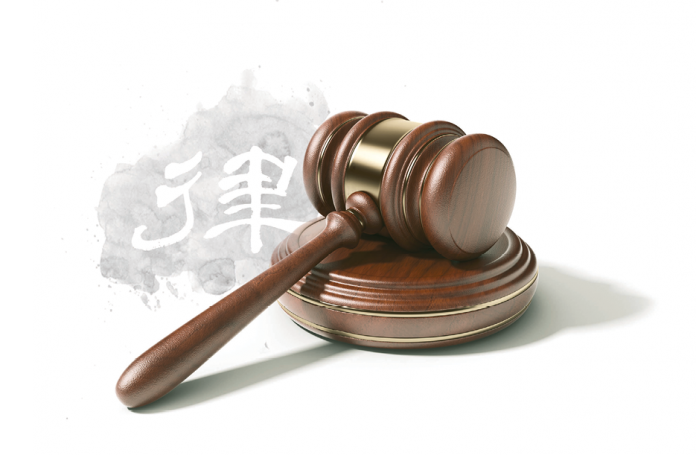AS THIS COLUMN HAS PREVIOUSLY NOTED, over the centuries, lawyers, legislators, judges and many others have debated the nature of law and the essential attributes of law (for a discussion about the nature of law, see China Business Law Journal volume 3 issue 5: Law or equity?). A related – and equally important – question is what is the source of law? In other words, where does law come from and how does it originate (for a discussion about the source of law, see China Business Law Journal volume 3 issue 2: Binding or persuasive)?
Irrespective of whether a jurisdiction follows the common law tradition, the civil law tradition or another tradition, law does not appear out of nowhere. The law must establish its roots in human society and human relationships. In his book, Law and Revolution: The Formation of the Western Legal Tradition, the American comparative law scholar Harold Berman wrote that law is “custom transformed, and not merely the will or reason of the lawmaker. Law spreads upwards from the bottom and not only downward from the top.”
This article outlines the circumstances in which custom becomes law. It then examines the relevance of custom in common law jurisdictions and in China. It concludes by analysing an important provision in China’s new General Provisions of the PRC Civil Law.
CUSTOM AND CUSTOMARY LAW
It is generally accepted that custom becomes customary law (and binding) when there is proof, determined objectively, of a customary practice within a relevant community and the members of that community consider subjectively that the customary practice is binding.
Legal pluralism – the co-existence of multiple legal systems within one jurisdiction – refers to the situation where a jurisdiction recognises customary law alongside formal written law, and customary law is allowed to develop independently of the formal written law. Customary law is recognised in several Asian jurisdictions, including Malaysia, Indonesia, Thailand and the Philippines, and is most common in areas relating to property, family and inheritance.
In other jurisdictions, customary law has been codified and subsumed by statute and no longer develops independently of the formal written law. An example of this situation is Australia, where the customary law of the indigenous people concerning land (or “native title”) has been codified by statute, which constitutes the sole and exclusive basis on which native title rights are recognised and defined. Some people criticise the codification of customary law in such circumstances on the ground that codification freezes custom in time and prevents it from developing organically.
You must be a
subscribersubscribersubscribersubscriber
to read this content, please
subscribesubscribesubscribesubscribe
today.
For group subscribers, please click here to access.
Interested in group subscription? Please contact us.
你需要登录去解锁本文内容。欢迎注册账号。如果想阅读月刊所有文章,欢迎成为我们的订阅会员成为我们的订阅会员。

Andrew Godwin
A former partner of Linklaters Shanghai, Andrew Godwin teaches law at Melbourne Law School in Australia, where he is an associate director of its Asian Law Centre. Andrew’s new book is a compilation of China Business Law Journal’s popular Lexicon series, entitled China Lexicon: Defining and translating legal terms. The book is published by Vantage Asia and available at law.asia.






















